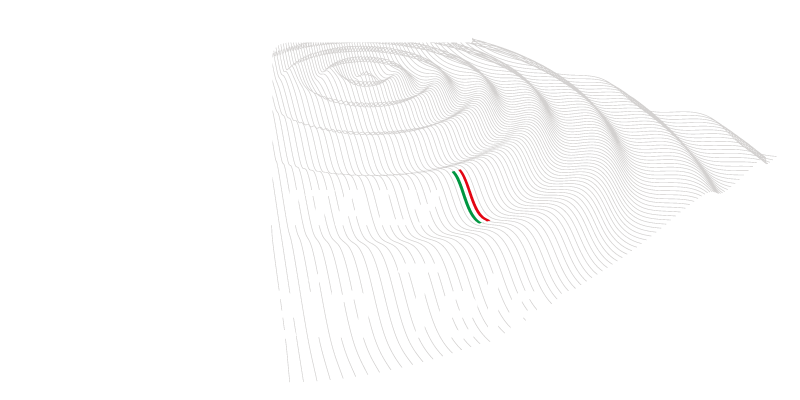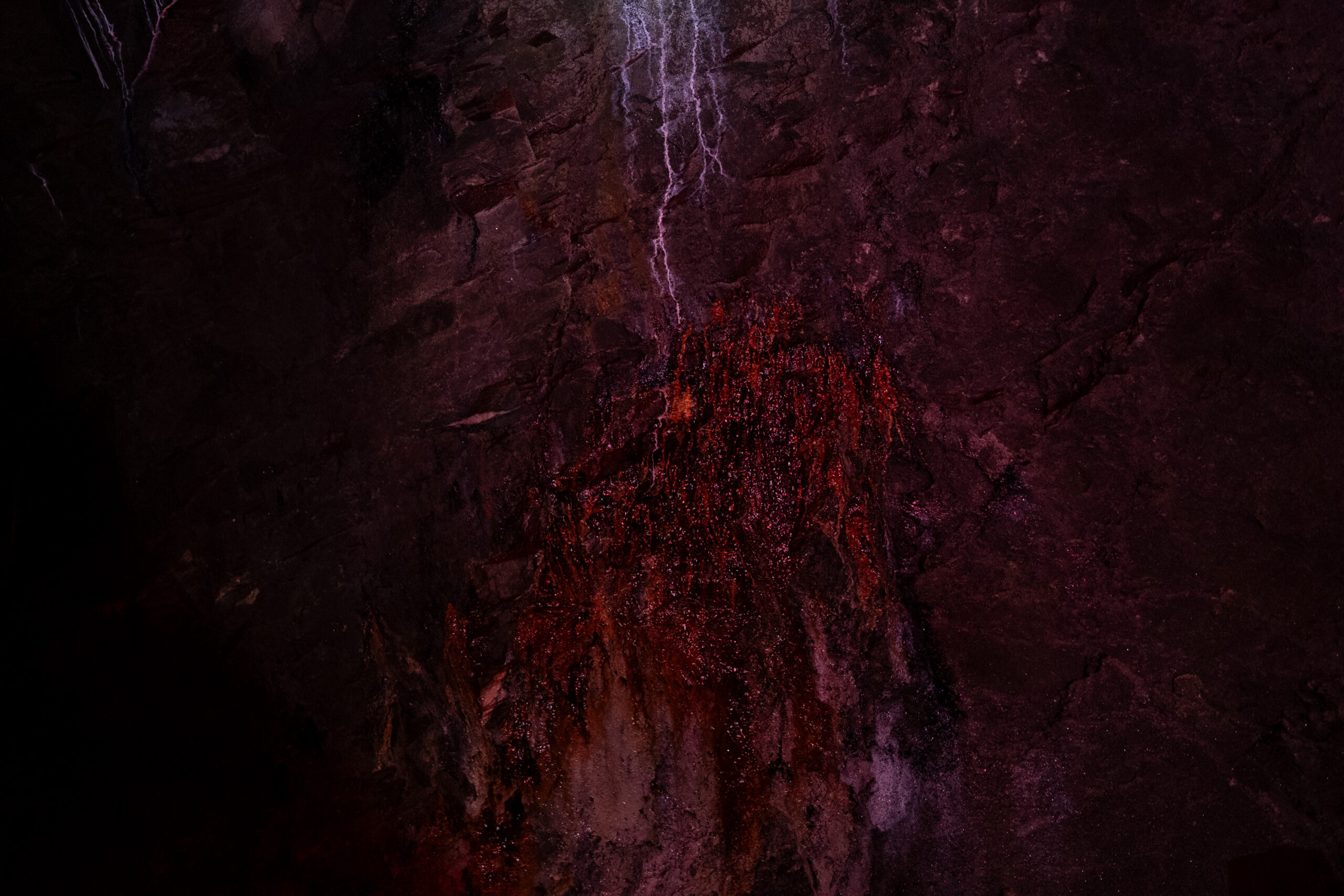Source: National Institute of Geophysics and Volcanology, 13/11/25
On 20 November, starting at 9:30 a.m. at the Rome headquarters of the National Institute of Geophysics and Volcanology (INGV), a full day will be dedicated to consolidating the Institute’s contribution to Italy’s candidacy to host the Einstein Telescope (ET), the future gravitational wave observatory.
The workshop, entitled “EinsteinTelescope@INGV: the geophysical characterization of the site and the synergy between EPR and Universities in support of the candidacy”, will also offer an opportunity to take stock of the state of collaboration among research institutions, universities, public bodies and political stakeholders supporting the candidacy of the former Sos Enattos mine area, in the province of Nuoro, to host the future infrastructure.
Since 2019, INGV has been engaged in research activities and experiments at the Sardinian site: the seismic quietness and geodynamic stability of the area, in fact, not only make Sardinia extremely suitable for hosting a sensitive experiment like ET, but are also ideal for ensuring the high quality of the geophysical data collected. The Institute’s researchers have carried out their work as part of the FABER (Far fAult oBsERvatory) project, itself part of the broader PNRR MEET (Monitoring Earth’s Evolution and Tectonics) project, led by INGV, with the goal of building an underground geophysical observatory.
The 20 November conference at INGV will open with a video message from the Minister of University and Research, Anna Maria Bernini, followed by institutional greetings from the President of the Autonomous Region of Sardinia, Alessandra Todde, and the President of INGV, Fabio Florindo.
Institutional interventions will follow from Antonio Zoccoli (President of the National Institute for Nuclear Physics), Massimo Della Valle (Board Member of the National Institute for Astrophysics), Luciano Colombo (Pro-Rector of the University of Cagliari), Giovanni Luca Cardello (representative of the Laboratory of Graphic and Visual Sciences of the University of Sassari), Michele Punturo (spokesperson of the Einstein Telescope collaboration), Massimo Carpinelli (Director of the European Gravitational Observatory and administrator of the Research, Development and Advanced Studies Center in Sardinia), Salvatore Stramondo (Director of INGV’s Earthquakes Department), Fabrizia Buongiorno (Director of INGV’s Environment Department), and Stefano Branca (Director of INGV’s Volcanoes Department).
A round table moderated by ANSA science journalist Enrica Battifoglia will conclude the first part of the day.
The second part of the workshop will be dedicated to the geophysical characterization of the Sardinian site with the scientific leads of the ET Italy project, offering insights into the geology of Sardinia, active seismics, satellite observations for the characterization of the Sos Enattos site, and 3D geological modelling.
«We are particularly proud to once again present a day dedicated to promoting Italy’s bid to host a world-class research infrastructure like the Einstein Telescope», says INGV President Fabio Florindo. «It is an opportunity to take stock, together with our partners in ET, of the activities in which the Institute is engaged, fostering synergy among the various branches of the national scientific community involved in the project. With INGV’s instruments already operating at Sos Enattos for the site characterization, we will also be able to observe the surrounding areas, so as to detect and interpret signals coming from the tectonically and volcanically active zones of the Apennines and the Tyrrhenian Sea».
«We have reached a crucial stage of an ambitious path we have undertaken with determination. We are convinced of the strength of our candidacy, which we will continue to pursue with the unconditional support of the Autonomous Region of Sardinia and together with all the other institutions involved – starting with the Ministry of University and Research, INGV, INFN and INAF», emphasises the President of the Autonomous Region of Sardinia, Alessandra Todde. «We believe that the Einstein Telescope represents not only a major international scientific infrastructure that will bring prestige to Italy and Sardinia, but also an opportunity for the revival of a land with enormous potential that has so far remained largely unexpressed».
The full program of the day is available at this link.
Featured image credits: Raffaele Petralla

